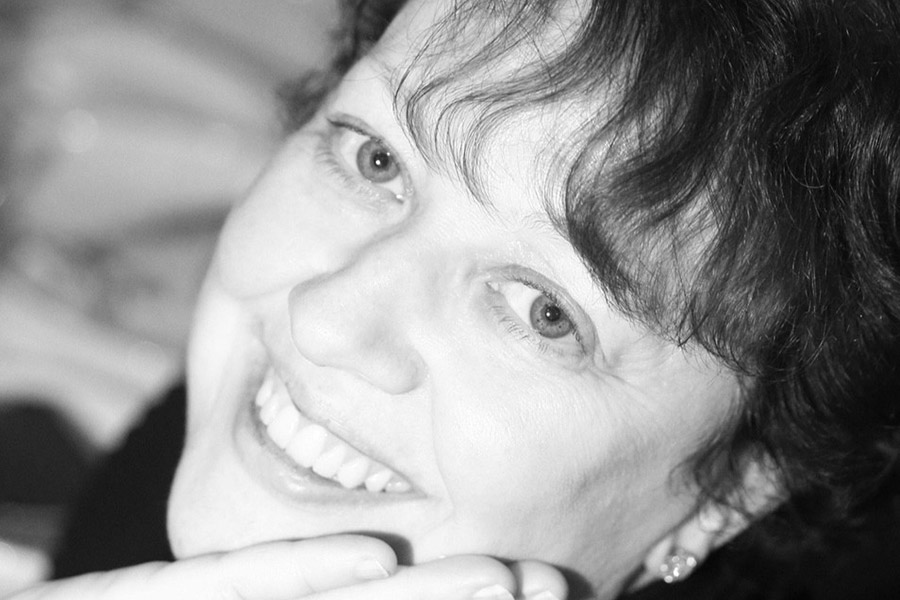The CEO of Vinted Marketplace has said the second-hand retail sector has been "boosted" by the cost-of-living crisis, with consumers spending more than £2bn on pre-owned gifts at Christmas.
Adam Jay said that the consumer trend towards second-hand goods was "happening anyway" but that rising costs elsewhere had acted as an "accelerator".
"I'm sure the cost of living crisis has been a boost," he told Sky News. "But I do think this trend was happening anyway because of people's consciousness around overconsumption, around sustainable buying and sustainable consumption.
"I think all of these have I think these are deep trends and I think they're trends that are here to stay. I really think secondhand can become the first choice ultimately," he said.
Vinted launched an Irish website in November, having previously only been available in the UK, US and some other European countries.
The consumer-to-consumer platform allows people to buy and sell second-hand clothes and other goods.
“We are excited to confirm that Vinted, Europe’s leading C2C platform for second-hand fashion and more, enters the Irish market," Vinted said in a statement at the time.
“Vinted provides an intuitive way for people to easily sell and buy their pre-loved fashion and other lifestyle items with just a few clicks.
“With its app and website, sellers can declutter their wardrobe and keep 100% of what they make because Vinted has zero seller fees.”
Buyers pay a 'protection fee' equivalent to 5% of the purchases price, plus a fixed fee of 70 cents to offer protection against fraud, access to 'member support' and a refund policy if the item doesn't arrive, is damaged in transit, or is significantly not as described.

In October, Vinted closed a secondary share sale of €340m led by alternative asset manager TPG that valued the company at €5bn.
The transaction came after Vinted delivered revenue growth of 61% and a double-digit EBITDA margin in 2023. The company posted €596.3m in revenue, adjusted EBITDA of €76.6m and net profit of €17.8m versus a net loss of €20.4m in 2022.
(Pic: Jason Alden/Bloomberg via Getty Images)









